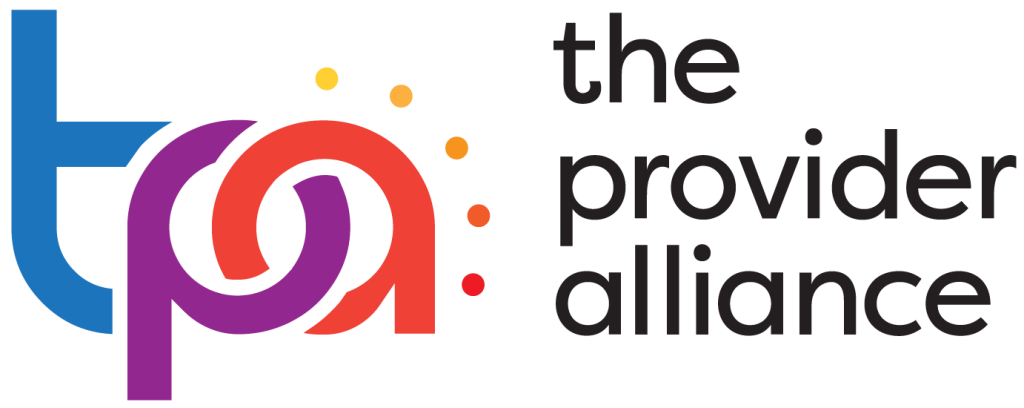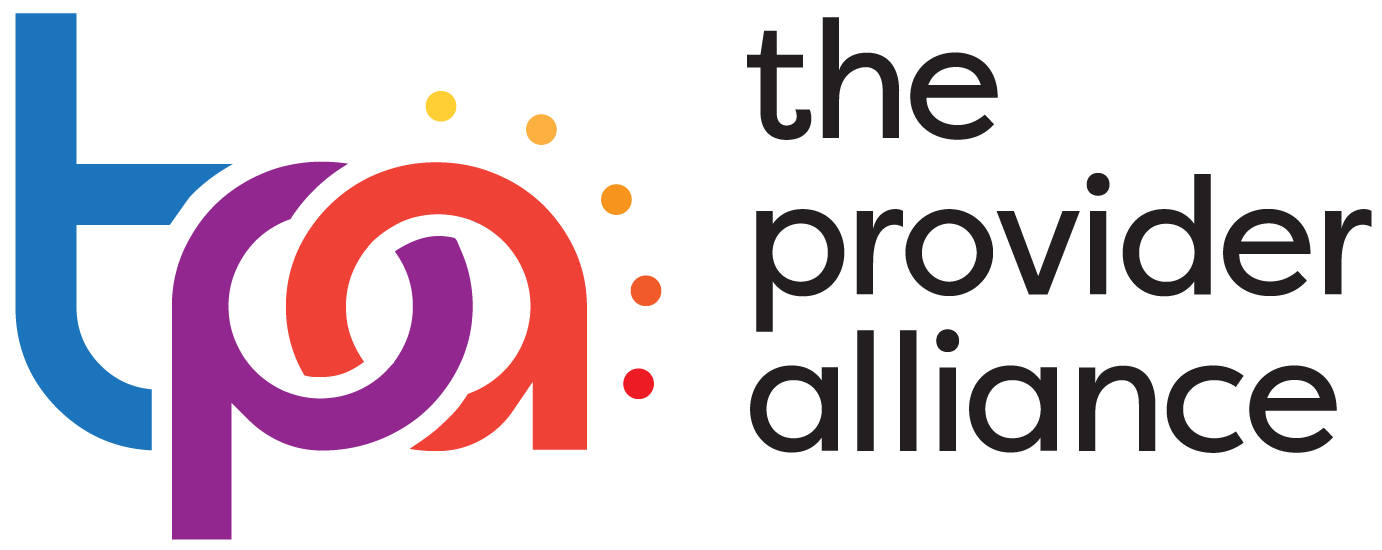As June and Effective Communication Month wrap up, we wanted to make sure that we highlight the Communication Bill of Rights.
First released in 1992 by the National Joint Committee for the Communicative Needs of Persons With Severe Disabilities. (NJC), the Communication Bill of Rights declares that all people with a disability of any extent or severity have a basic right to affect, through communication, the conditions of their existence. Beyond this general right, several specific communication rights should be ensured in all daily interactions and interventions involving persons who have severe disabilities. To participate fully in communication interactions, each person has these fundamental communication rights:
1. The right to interact socially, maintain social closeness, and build relationships
2. The right to request desired objects, actions, events, and people
3. The right to refuse or reject undesired objects, actions, events, or choices
4. The right to express personal preferences and feelings
5. The right to make choices from meaningful alternatives
6. The right to make comments and share opinions
7. The right to ask for and give information, including information about changes in routine and environment
8. The right to be informed about people and events in one’s life
9. The right to access interventions and supports that improve communication
10. The right to have communication acts acknowledged and responded to even when the desired outcome cannot be realized
11. The right to have access to functioning AAC (augmentative and alternative communication) and other AT (assistive technology) services and devices at all times
12. The right to access environmental contexts, interactions, and opportunities that promote participation as full communication partners with other people, including peers
13. The right to be treated with dignity and addressed with respect and courtesy
14. The right to be addressed directly and not be spoken for or talked about in the third person while present
15. The right to have clear, meaningful, and culturally and linguistically appropriate communications
The adapted My Communication Bill of Rights is a great visual resource to help people share these rights with others from a first-person perspective.

